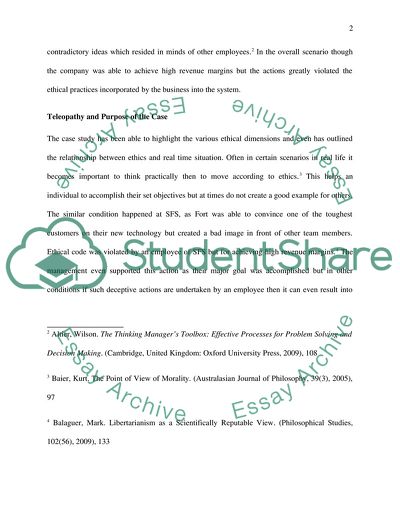Cite this document
(“Specialty Fleet Services: an Ethical Framework Case Study - 1”, n.d.)
Specialty Fleet Services: an Ethical Framework Case Study - 1. Retrieved from https://studentshare.org/social-science/1661166-case-study
Specialty Fleet Services: an Ethical Framework Case Study - 1. Retrieved from https://studentshare.org/social-science/1661166-case-study
(Specialty Fleet Services: An Ethical Framework Case Study - 1)
Specialty Fleet Services: An Ethical Framework Case Study - 1. https://studentshare.org/social-science/1661166-case-study.
Specialty Fleet Services: An Ethical Framework Case Study - 1. https://studentshare.org/social-science/1661166-case-study.
“Specialty Fleet Services: An Ethical Framework Case Study - 1”, n.d. https://studentshare.org/social-science/1661166-case-study.


